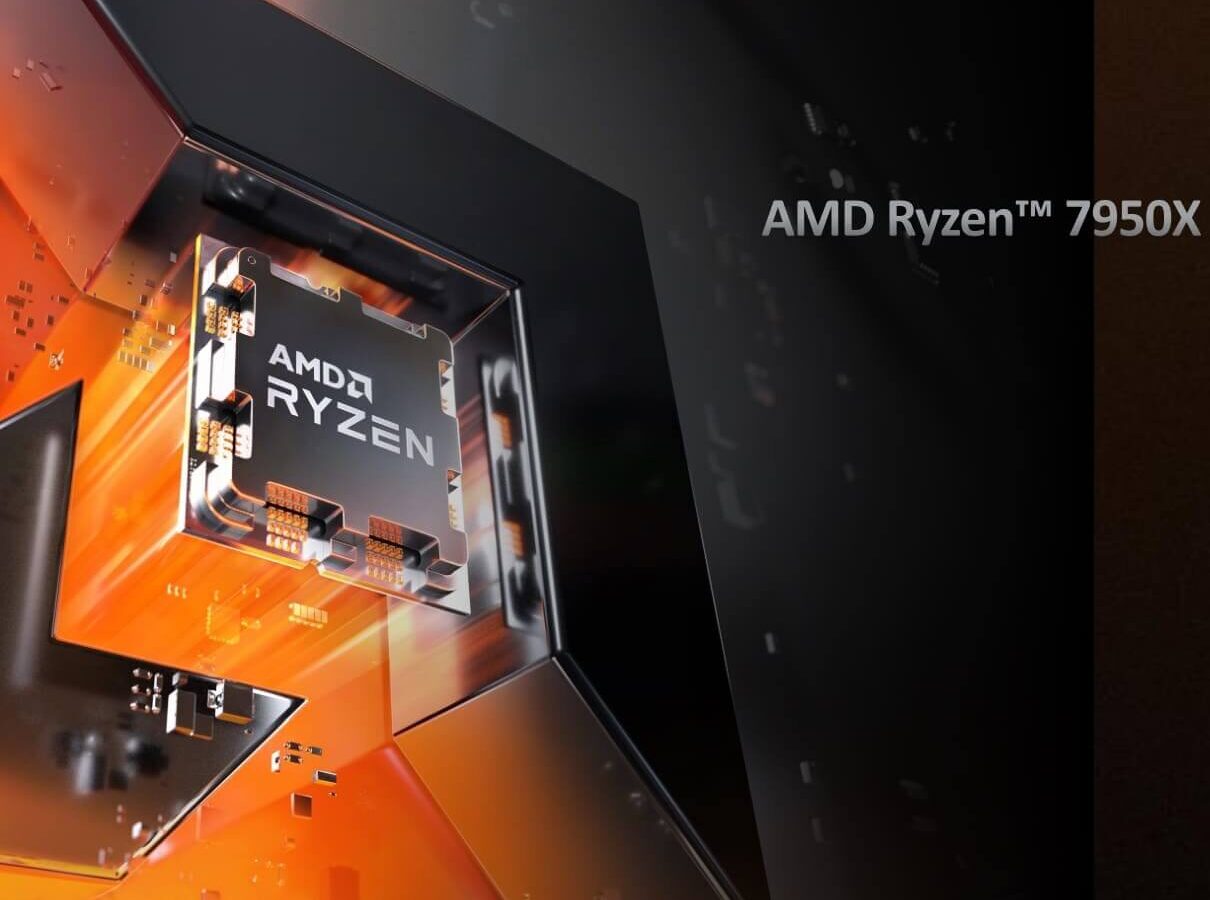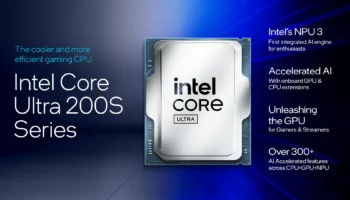
Intel plans to release its 14th Gen Raptor Lake-SR next month, offering double-digit performance improvements with a simple refresh. AMD’s response to the rebranded lineup will be slightly delayed as the Ryzen 8000 processors are slated to land next year. Featuring the Zen 5 core architecture on TSMC’s 4nm (enhanced 5nm), these chips are expected to offer a substantial performance uplift over existing Ryzen 7000 parts.
According to RedGamingTech, the 16-core Ryzen 9 8950X scores 49,000 points in Cinebench R23 nT, making it nearly 30% faster than its predecessor while beating the Intel Core i9-13900K by at least ~20%. The 12-core Ryzen 9 8900X allegedly scores 36,000 points, placing it right behind the 7950X. Meanwhile, the octa-core Ryzen 7 8700X nets 23,000 points, roughly the same as the Core i5-13600K.
The hex-core Ryzen 5 8600X is allegedly capable of 17,000 points, roughly 14% higher than the 7600X. As for the single-threaded performance, we’re looking at 2,500 to 2,700 points, a healthy 10% uplift over the Core i9-13900K.
With all said and done, it’s important to note that these are engineering samples. The final retail versions will be faster or at least more efficient than these early chips. AMD plans to launch its Zen 5 offerings in 2024, probably in Q2 or Q3, for the client Ryzen parts.
The Zen 5 core will be a major upgrade over Zen 4. The front end will be revamped with a wider issue and higher decoder count. The retire/reorder buffer should also get larger, leading to a powerful backend. It’s unclear whether AMD will widen or add another execution port, but if so, the Floating Point EUs will get the upgrade.
The memory subsystem will also get a facelift, increasing the load-store and L2 bandwidth. This is an area where AMD has trailed Intel for several generations now. An expansion is only fair.





